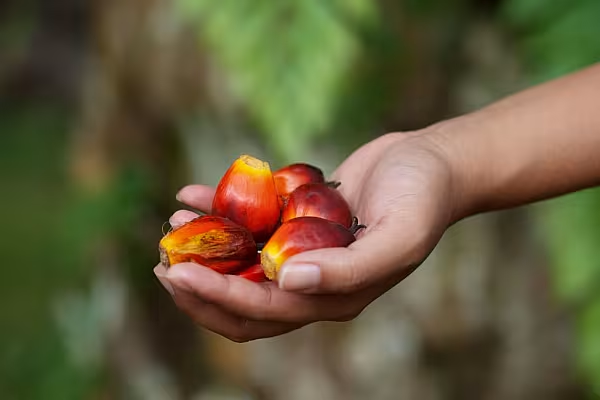Major palm oil buyers are seeking to block FGV Holdings and Sime Darby Plantations from their global supply chain after the United States banned imports from the two Malaysian producers, four sources told Reuters.
U.S. food company General Mills said it has issued global 'no buy orders' for both the companies, and the sources said other buyers have also requested suppliers to reduce or exclude FGV and Time Darby products for supplies entering not only the United States, but also Europe, Australia and Japan.
FGV and Sime Darby are two of the world's biggest palm oil producers and both were banned by the U.S. Customs and Border Protection (CBP) last year over the alleged use of forced labour during production.
Palm oil is one of the world's cheapest and fastest growing crops, but the industry has faced scrutiny over the years with rights groups blaming producers for vast deforestation in Southeast Asia and exploitative labour practices.
The caution from buyers is another blow to Malaysian palm oil, which has long had the reputation as being more sustainable compared to bigger rival Indonesia. The two countries together control nearly 85% of global production of palm oil - a ubiquitous commodity used in everything from cereal to soap.
Cautious Customers
"Customers are very afraid, and very cautious... They are questioning to what extent we are sourcing from them," said one source, whose firm supplies palm oil products to multinational consumer goods manufacturers.
"Companies are fearing the risk to their own reputation if they buy from Sime Darby and FGV," the source added.
None of the four sources wanted to be identified as they were not authorised to talk to the media.
"We have instructed all of our suppliers globally to remove both Sime Darby and FGV from our supply chain; and have issued 'no buy orders' on both suppliers," General Mills said in an emailed statement to Reuters.
Chocolate maker Hershey said its North American suppliers have removed all Sime Darby volumes in compliance with the U.S. order.
Some buyers including Nestle, Unilever and Hershey had suspended FGV since 2018 after industry watchdog Roundtable on Sustainable Palm Oil (RSPO) found "exploitative" labour practices in the company.
But not all companies have moved quickly to remove Sime Darby from their supply chain. Sime Darby is the world's biggest producer of palm oil certified as sustainable by the RSPO.
Kraft Heinz, Nestle and Unilever said they were in discussions with Sime Darby about the U.S. allegation.
Sime Darby said many of its key customers have expressed continued support and that it has engaged with independent firms to address the U.S. ban.
"We believe our customers recognise our honest commitment to continuous improvement, and our credibility as the world's largest producer of RSPO-certified sustainable palm oil, accounting for about 17% of total global CSPO supply," Sime Darby Oils Managing Director Mohd Haris Mohd Arshad said.
FGV did not respond to a request for comment.
Alternative Suppliers
Two sources said they were advising buyers against fully shunning Sime Darby - a key supplier of specialty oils and fats that will be difficult to replace.
"Buyers are waiting for proof from CBP (the U.S. customs authority) before taking further action... We are making contingency plans to look for alternative suppliers if the situation worsens," one trader said.
Sime Darby also said last month that it has asked the CBP for more information on the allegations. It has said it was committed to combating forced labour and has robust policies to protect workers' rights.
The United States accounts for only 3% of Malaysia's palm oil exports and is said to constitute only a small portion of FGV and Sime's sales.
News by Reuters, edited by ESM. Click subscribe to sign up to ESM: European Supermarket Magazine.














